Sustainable family garden

Zero waste is a concept that encourages the redesign of the life cycle of resources so that all products are reused. The goal is not to allow garbage to be sent to landfills, incinerators or the ocean. It can turn food waste generated by families into food on the table, help people grow at home, and bring green back to the city. By providing citizens with a gardening system, they can be completely self-sustained and aim to provide more sustainable and more Attractive future.

According to the report of the United Nations Environment Program (UNEP), the most wasted food, 1.3 billion tons of food wasted in 2019, while China wasted 117 million tons of food every year. China wastes more than 44.78 million tons at home every year. Traditional food waste is incinerated into combustible waste. Food waste accounts for 46.2% of combustible waste, but produces 0.3 tons of carcinogenic gas and a large amount of carbon dioxide per ton. However, for every ton of waste buried, 1 cubic meter of land is wasted, and large amounts of toxic gases, such as formaldehyde, are generated during kitchen waste storage and transportation at home. Our goal is to ban food from entering the landfill.

China is the birthplace of agricultural civilization. China has relied on agriculture for thousands of years, with rich agricultural culture and rich experience in planting ancestors, so that growing vegetables has become a talent for contemporary Chinese. China’s 1.3 billion people are now about 50% away from agriculture and urbanized. The busyness of the city and the pressure of life have made more and more young people start to yearn for a quiet and beautiful rural life. The interest of the younger generation in gardening is rising. By 2020, about 5.974 million young people will join the ranks of growing vegetables. In the limited urban living space, they build and cultivate their own small vegetable garden, using the simple and simple form of planting vegetables to strive for an additional green space at their feet. Growing vegetables is a rewarding effort. In reality, there are too many frustrations with hard work and hard to be harvested. Growing vegetables seems to be a hobby, but it really soothes the fatigue of some lives.

This research is designed for daily use in small residential spaces, so that surplus food can be used directly, reducing waste generated when dealing with surplus resources, and finally let people participate and realize the importance of food. This product can turn food waste generated by families into food on the table, help people grow at home, and bring green back to the city, thus forming a closed loop in each family. You can directly use kitchen waste and domestic wastewater into fertilizer for planting, let people experience this process, and ultimately achieve waste reduction and form a green space for treatment in the home. This gardening system is completely self-sustaining and aims to provide a more sustainable and attractive future.

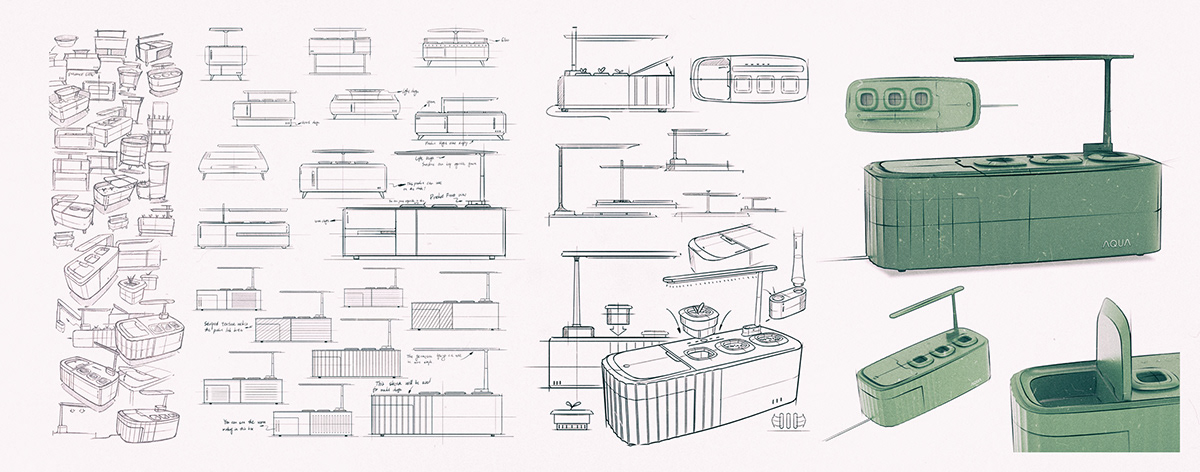


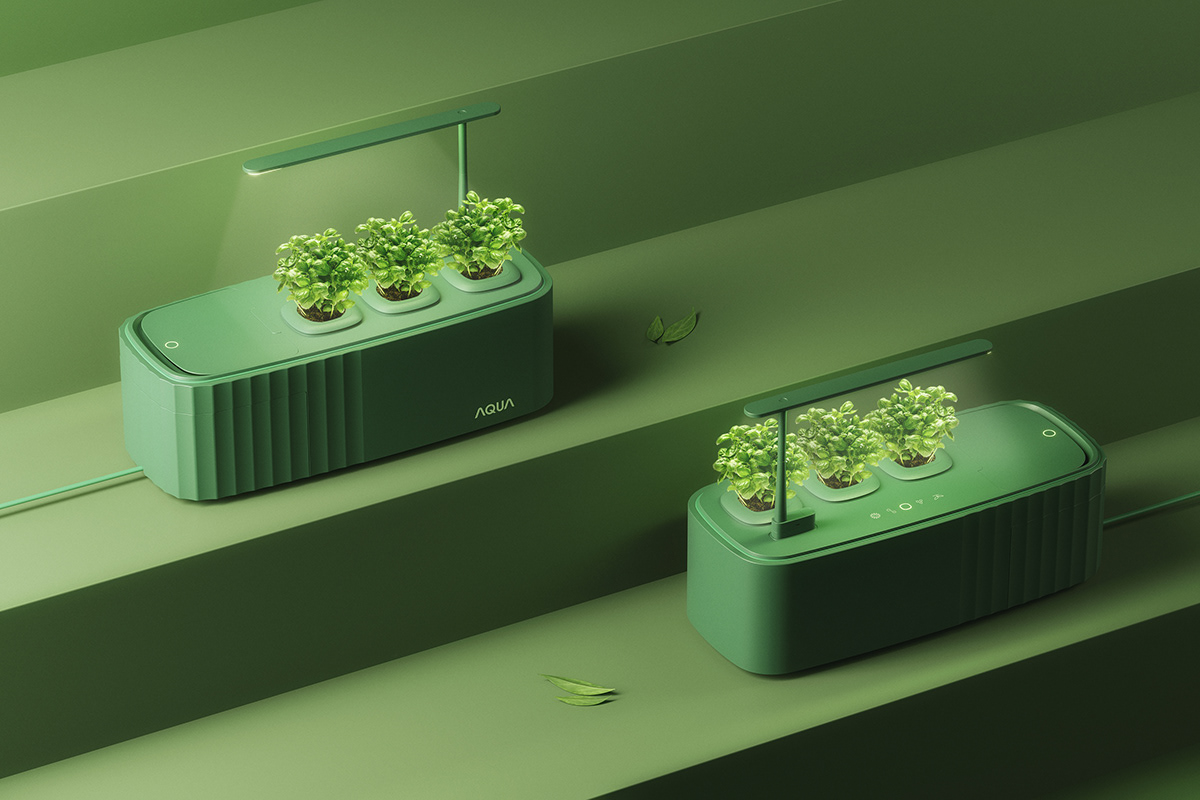
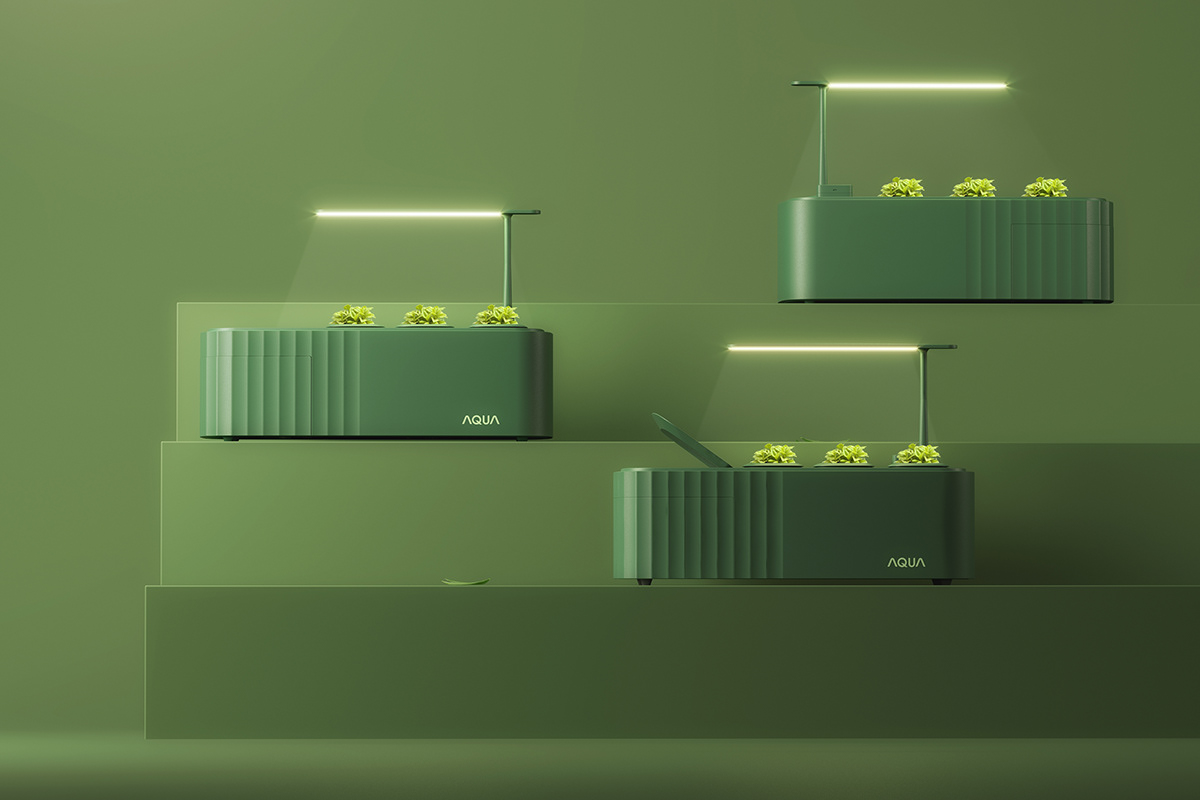
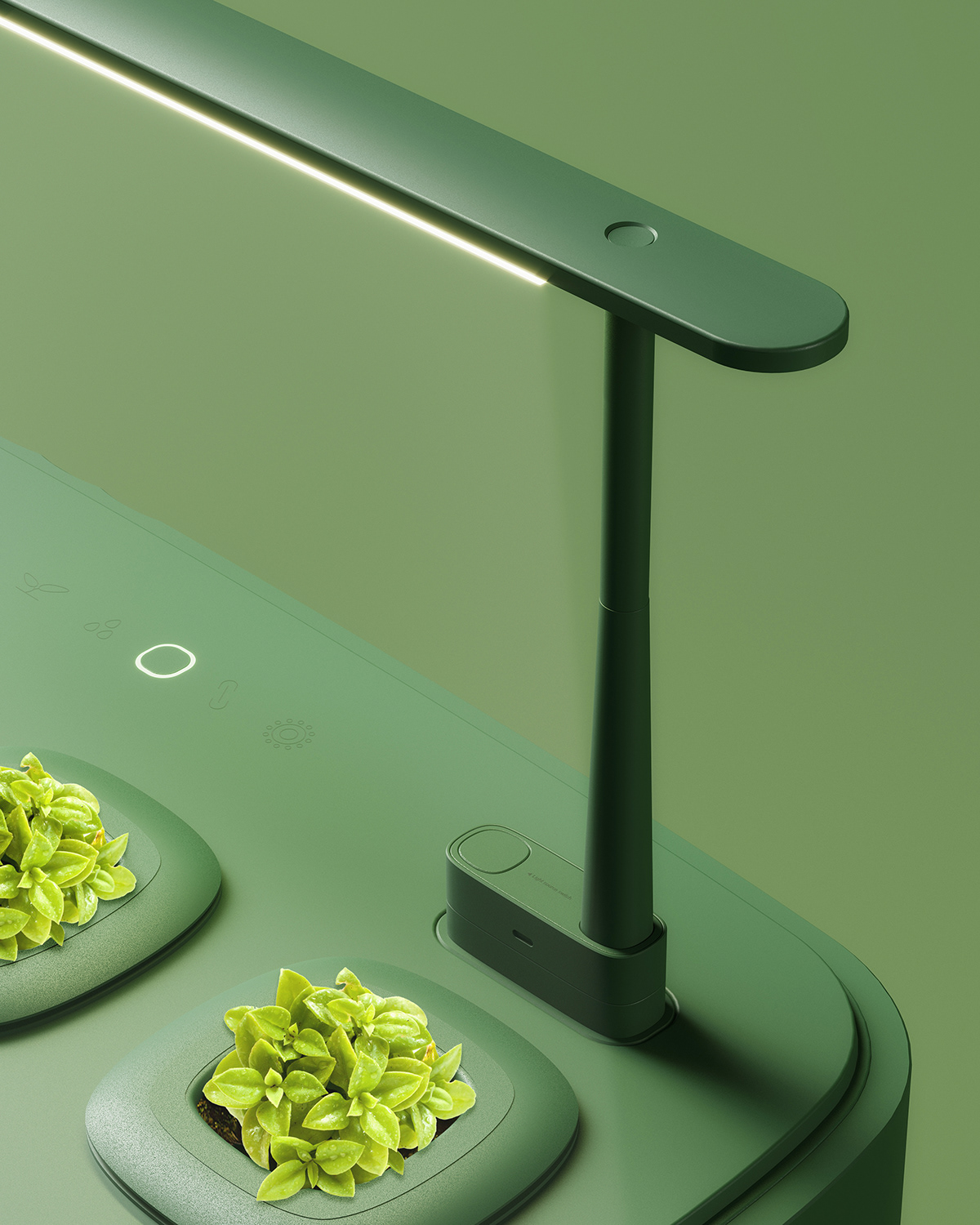



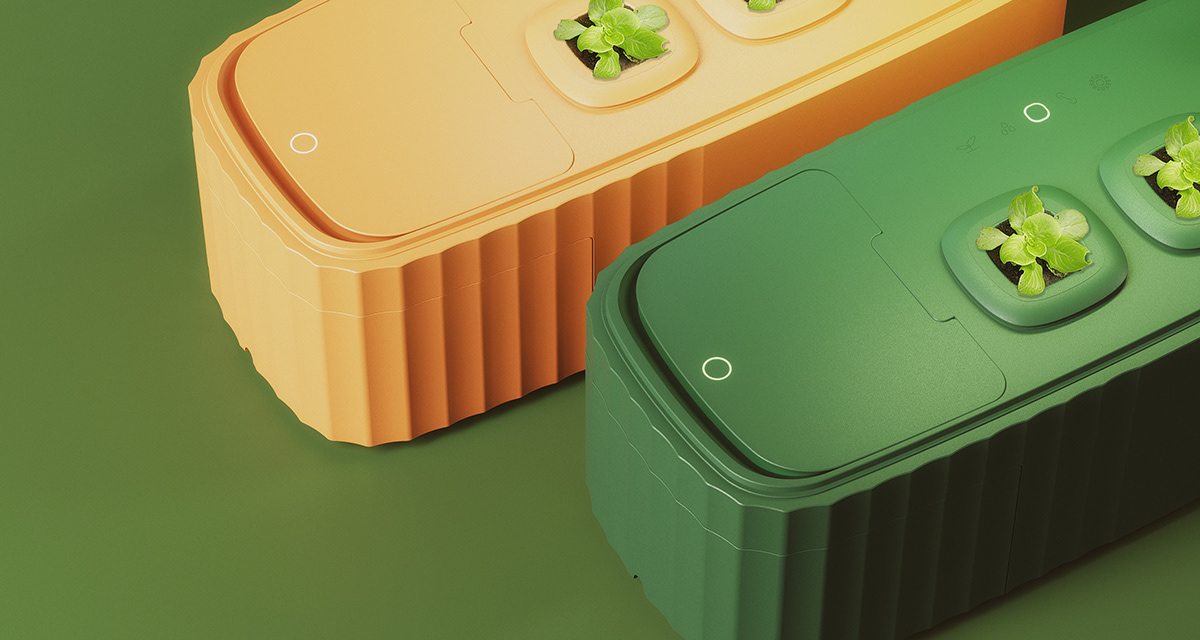
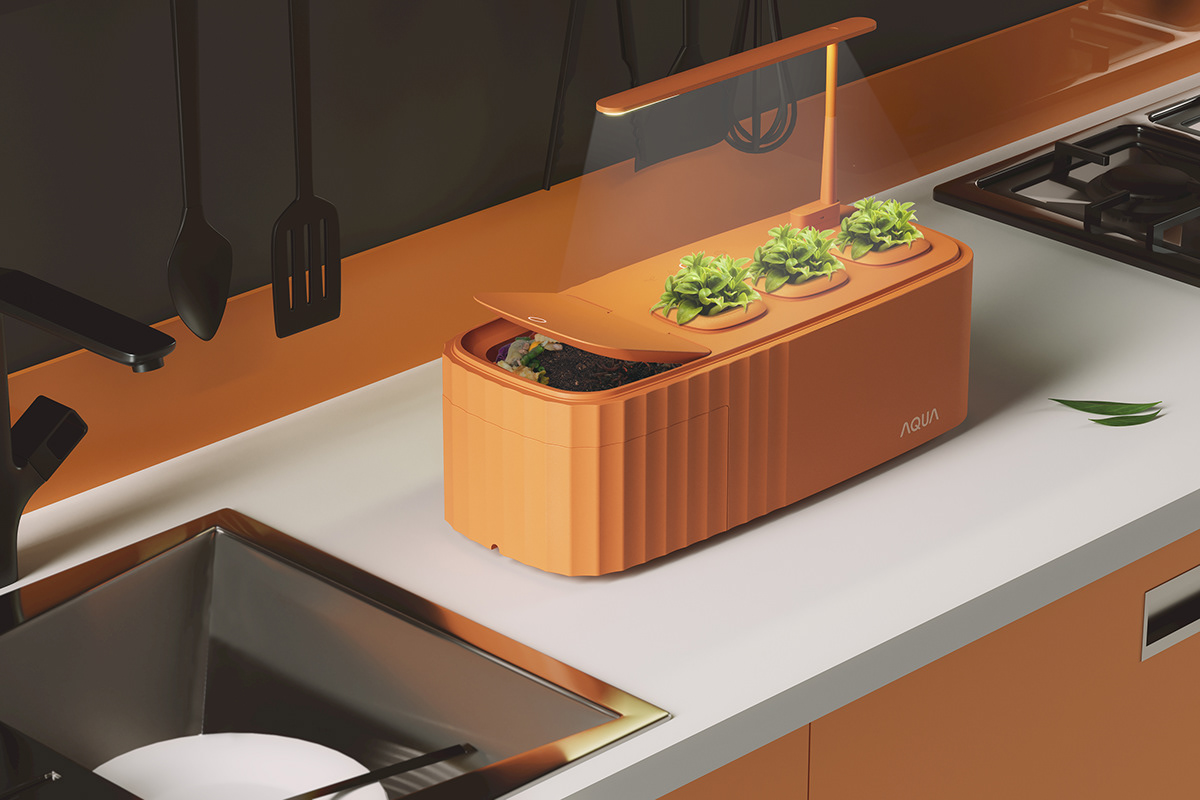

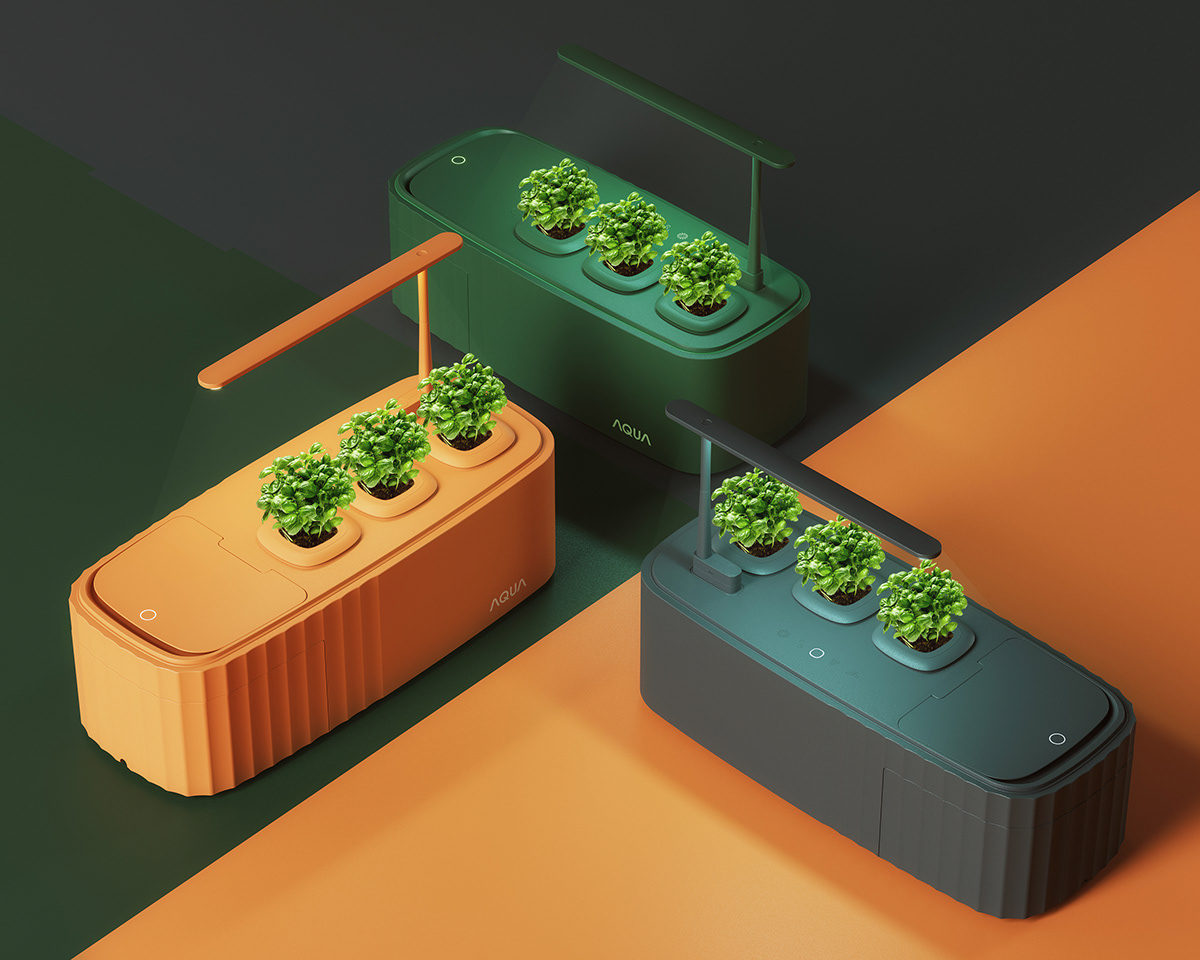
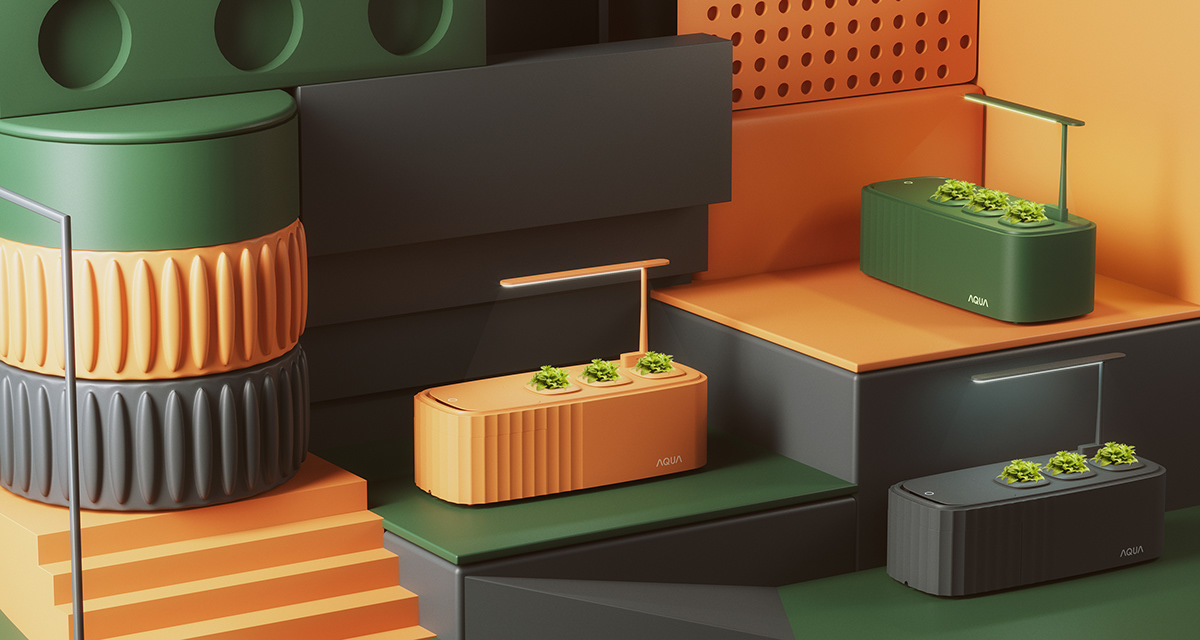


AUTHOR: LIN,ZHOU,LIU,WANG




